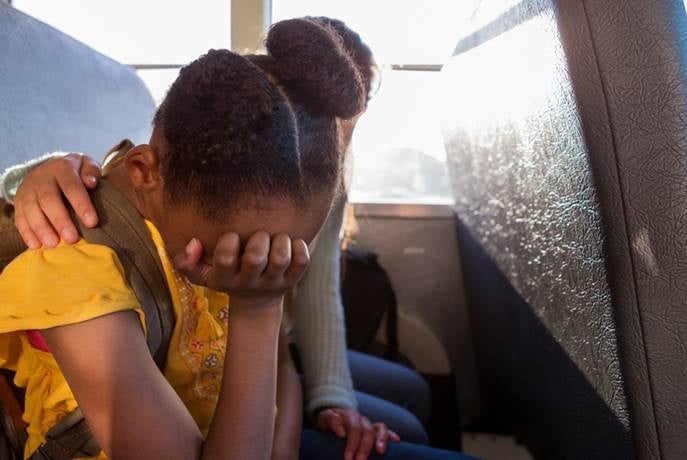
Being a parent is not easy as it involves constantly worrying about potential threats to a child. It became even more challenging in modern times when various digital threats came to the stage.
Such dangers as cyberbullying emerged with the ability to provoke stress, depression and social isolation.
However, all can be prevented by maintaining prompt communication with a child and giving them the right stance regarding the internet.
According to the Responsible Digital Parenting survey, 32% of South African parents claim that cyberbullying is a top concern when it comes to worries about their children.
Also read: Why are children so much at risk? The impact of Covid-19 on South African youngsters
32% of children in South Africa have actually come across cyberbullying
It is no surprise as this internet phenomenon has already caused such problems as decreased self-esteem (35%), a negative impact on a child’s performance at school (34%), social isolation (28%) and depression (18%).
Additionally, 32% of children in South Africa have actually come across cyberbullying, be that being bullies themselves, seeing cases among their friends or being bullied.
This impressive number should make parents think about the ways to prevent the proliferation of this phenomenon, however, not all parents are aware of this. 28% of them have not discussed the ethics of the internet with their child, while a quarter of them have not discussed safety rules on the Net.
“There has always existed a certain threat landscape for parents, however, now it includes digital ones which can often be invisible as not every child tells their family about ongoing cyberbullying, for instance.
According to our survey, 24% find it hard to say whether something threatens their child on the Internet thus not communicating enough on the topic. It is quite disturbing statistics,” commented Andrey Sidenko, Head of Child Safety at Kaspersky Network.
Special measures
In this context, it is crucial to take special measures to safeguard your child’s internet presence.
Kaspersky strongly recommends to:
1. Be more involved in your child’s online life. Befriend them on social media platforms, communicate to learn more about modern trends and tendencies in social media. Chat with your child regularly to discuss their online experiences. Create a communication strategy in which they understand they can reach out whenever they have any worries;
2. Notice the changes in your child’s behaviour, observe if they become more isolated or do not perform at school. To monitor this, keep connecting with the school where they study;
3. Install a reliable security solution to look after your child’s digital life successfully and in a more productive way.
Has your child fallen victim to harassment online?
Chatback:
Share your stories and questions with us via email at chatback@parent24.com. Anonymous contributions are welcome.
Submitted to Parent24 by Kaspersky.
Don't miss a story!
For a weekly wrap of our latest parenting news and advice sign up to our free Friday Parent24 newsletter.




 Publications
Publications
 Partners
Partners











